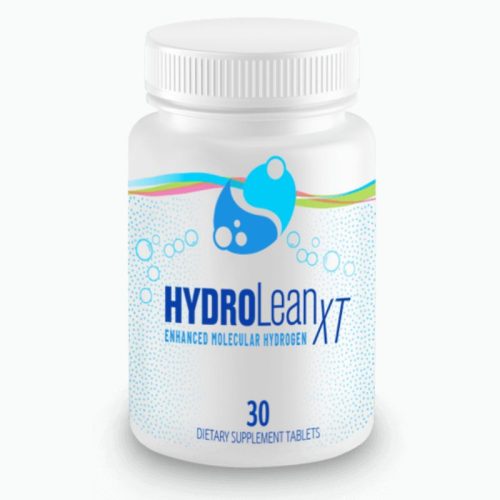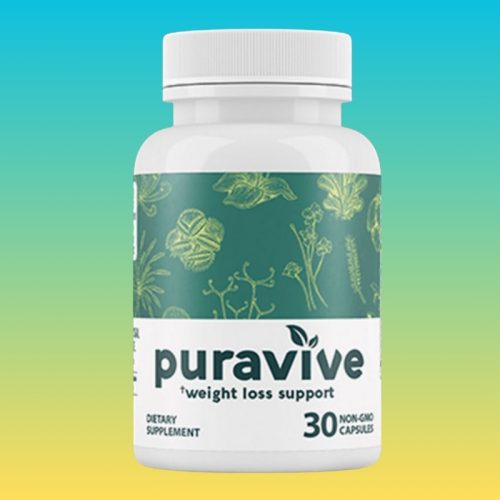
Description
In today's fast-paced world, maintaining a healthy weight can feel like an elusive goal. With a plethora of tempting food options and busy schedules, many individuals find themselves struggling against cravings for high-calorie, sugary, or fatty foods. Diet supplements have emerged as a popular option to help manage these cravings, aiding weight loss efforts by making it easier to adhere to healthier eating habits. This article delves into how diet supplements can assist in controlling cravings and provide a pathway to effective weight loss while incorporating healthy lifestyle changes.
Understanding Food Cravings
Food cravings are more than just a desire for a particular food; they are complex psychological and physiological phenomena. Cravings can be driven by various factors, including emotional states, stress levels, and even hormonal changes. When people feel stressed or bored, they often turn to food for comfort, leading to overeating or making unhealthy food choices. Moreover, certain hormones, such as ghrelin and leptin, play crucial roles in regulating hunger and fullness. Elevated levels of ghrelin can trigger intense cravings, while leptin helps signal satiety. Understanding these triggers is essential for developing effective strategies to combat cravings.
While it's normal to have food cravings, frequent or intense urges can derail weight loss efforts. This is where diet supplements can play a significant role. By targeting the underlying mechanisms that drive cravings, these supplements can help individuals regain control over their eating habits.
The Role of Diet Supplements
Diet supplements are designed to support weight loss efforts and improve overall health. They can be classified into various categories, including appetite suppressants, metabolism boosters, and fat burners. Understanding the specific functions of these supplements can help individuals choose the right products to support their unique needs.
Appetite Suppressants
One of the primary functions of diet supplements is to act as appetite suppressants. These supplements work by influencing hormones and neurotransmitters that regulate hunger signals in the brain. For instance, compounds like 5-HTP (5-Hydroxytryptophan) can increase serotonin levels, leading to reduced cravings and improved mood. Other natural appetite suppressants, such as glucomannan derived from konjac root, can help individuals feel fuller for longer due to their high fiber content. When consumed, glucomannan expands in the stomach, creating a feeling of fullness that can reduce the desire to snack or overeat during meals.
Metabolism Boosters
Many diet supplements aim to enhance metabolic rates, which can play a crucial role in weight management. Ingredients like caffeine and green tea extract are popular for their thermogenic properties, meaning they can increase the body's heat production and, consequently, the number of calories burned. For instance, caffeine can improve energy expenditure, promoting more efficient fat burning throughout the day. Additionally, green tea extract contains catechins, particularly epigallocatechin gallate (EGCG), which have been shown to boost metabolism and support fat oxidation.
Fat Burners
Fat-burning supplements contain ingredients designed to promote fat loss directly. For example, conjugated linoleic acid (CLA) has been associated with reduced body fat and improved lean body mass. This is achieved by increasing the rate at which the body burns fat for fuel. By incorporating fat burners into a weight loss regimen, individuals can enhance their results when combined with a balanced diet and regular exercise.
Psychological Effects
Beyond their physiological effects, diet supplements can also positively influence the psychological aspects of weight loss. When individuals experience fewer cravings and heightened energy levels, they are more likely to stick to their dietary plans and resist temptations. This psychological boost can be a powerful motivator, reinforcing positive habits and encouraging individuals to stay committed to their weight loss journey.
Supplementing a Balanced Diet
While diet supplements can play an essential role in weight management, they should not replace healthy eating practices. The effectiveness of supplements is significantly enhanced when combined with a balanced diet rich in nutrient-dense foods. Incorporating whole foods—such as fruits, vegetables, lean proteins, and whole grains—provides the body with essential vitamins and minerals needed for overall health. These foods can also help regulate hunger hormones naturally, further supporting weight loss efforts.
In addition to whole foods, staying hydrated is crucial. Water intake can play a vital role in curbing cravings. Sometimes, the body confuses thirst with hunger, leading to unnecessary snacking. Drinking water before meals can help individuals feel fuller and reduce the amount of food consumed. Moreover, opting for water over sugary beverages can significantly decrease calorie intake while promoting better hydration.
Strategies for Effective Use of Diet Supplements
To maximize the benefits of diet supplements, individuals should develop a comprehensive strategy that includes their use alongside healthy lifestyle changes. Here are some effective strategies for integrating diet supplements into a weight loss plan:
Setting Realistic Goals
When embarking on a weight loss journey, it's vital to set realistic and achievable goals. Rather than aiming for drastic changes, individuals should focus on small, incremental improvements in their eating habits and exercise routines. For example, a reasonable goal could be to lose 1-2 pounds per week or to incorporate more fruits and vegetables into daily meals. Setting achievable targets not only boosts motivation but also helps individuals remain committed over the long term.
Seeking Professional Guidance
Before beginning any supplement regimen, individuals should consult with a healthcare professional. A registered dietitian or physician can provide personalized recommendations based on individual health status and weight loss goals. This is particularly important when considering prescription appetite suppressants, as they may have potential side effects and require monitoring. A healthcare professional can also help identify any nutrient deficiencies and recommend specific supplements to fill gaps in nutrition.
Combining Supplements with Exercise
Physical activity is a crucial component of any successful weight loss plan. While diet supplements can help manage cravings, combining them with regular exercise can lead to more substantial results. Exercise not only burns calories but also supports muscle gain, which in turn can boost metabolism. A well-rounded workout routine that includes cardiovascular exercise, strength training, and flexibility exercises can enhance overall health and improve weight loss outcomes.
Maintaining a Support System
Embarking on a weight loss journey can be challenging, but having a support system can make a significant difference. Whether it's friends, family, or a weight loss group, sharing experiences and receiving encouragement can provide motivation and accountability. Many individuals find success in working with a registered dietitian or joining a structured program that offers ongoing support and resources.
Conclusion
As the prevalence of obesity continues to rise, the search for effective weight loss strategies becomes increasingly important. Diet supplements can serve as valuable tools in managing cravings and supporting weight loss when combined with healthy lifestyle choices. By understanding the various types of supplements available—such as appetite suppressants, metabolism boosters, and fat burners—individuals can make informed decisions to aid their weight loss efforts.
Moreover, adopting a holistic approach that encompasses balanced nutrition, regular physical activity, and psychological support can enhance the effectiveness of these supplements. With the right strategies in place, individuals are well-equipped to navigate their weight loss journeys successfully, improving their overall health and well-being.
For more information on weight loss strategies and diet supplements, consider exploring resources such as the Mayo Clinic and WebMD.



